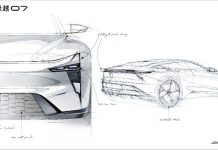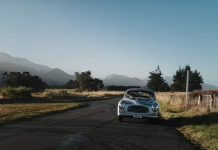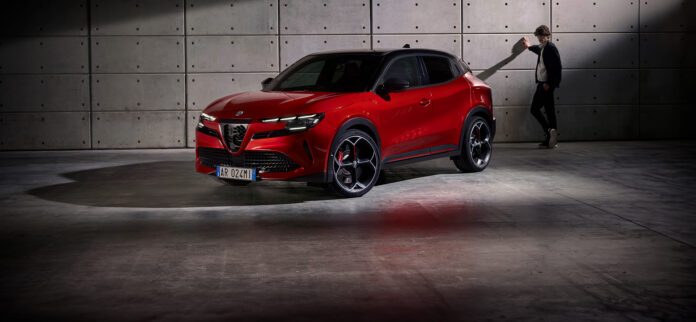Alfa Romeo Faces Challenges with Its New Electric SUV, the Milano
The Italian Name Controversy
Alfa Romeo, the iconic Italian automaker now under the umbrella of Stellantis, recently unveiled an all-new electric SUV named the Milano, after Milan, Italy’s renowned fashion and design capital. However, the launch of the Milano has sparked a significant controversy that goes beyond automotive design and performance specs. The Italian government has declared the use of the name “Milano” illegal for this model, given that the vehicle will be manufactured in Poland, not Italy.
This decision stems from a 2003 Italian law that prohibits the use of Italian geographical names for products not made in Italy. The intent behind this law is to prevent consumer confusion and preserve the authenticity associated with Italian-made products. In the case of the Milano, the Italian government argues that branding a car made in Poland with an Italian city’s name could mislead consumers about its origin.

The Stellantis and Italian Government Standoff
The dispute over the Milano is part of a broader tension between Stellantis and the Italian government. Stellantis, a conglomerate that includes automotive brands like Peugeot, Citroën, Jeep, and Fiat, has expressed frustration over what it perceives as insufficient support from the Italian government for electric vehicle (EV) adoption and for the legacy Italian brands under its wing. The decision to produce the Alfa Romeo Milano in Poland is primarily a cost-saving measure, reportedly reducing the manufacturing cost by €10,000 per vehicle compared to production in Italy.
Italy’s Industry Minister, Adolfo Urso, has been vocal in criticizing Stellantis’ decision to move production outside of Italy. Urso’s stance is that manufacturing the Milano outside of Italy and still calling it by an Italian name is a step too far, violating national laws designed to protect Italian heritage and consumer trust.
Economic and Branding Implications
The controversy over the Milano highlights the delicate balance car manufacturers must maintain between globalization and local branding strategies. For Alfa Romeo, known worldwide for its Italian heritage, the decision to produce an SUV outside of Italy—and the subsequent legal and public relations issues—could impact brand perception. There is a strong association between Italian brands and craftsmanship, style, and luxury. This branding conflict might lead to skepticism among consumers, potentially affecting sales not only in Italy but globally.
Moreover, the economic implications for Italy are significant. The automotive industry is a crucial part of the Italian economy, and the production of major models like the Milano abroad could lead to job losses and economic downturns in local communities traditionally involved in car manufacturing. This adds a layer of economic strategy to the government’s insistence on production locality tied to branding.
Looking Ahead: The Future of Alfa Romeo and EV Strategy
Looking forward, Alfa Romeo and Stellantis face a challenging path in navigating these branding and production dilemmas. The Milano controversy could prompt a reevaluation of how automotive companies balance cost, production logistics, and branding in an increasingly globalized market. For Stellantis, this might mean reassessing production strategies to align more closely with national interests and consumer expectations, especially in pivotal markets like Italy.
The broader debate around the Milano also casts light on the challenges facing the automotive industry as it shifts towards electric vehicles. Governments across Europe are pushing for faster adoption of EVs, with policies and subsidies that favor domestic production and innovation. For conglomerates like Stellantis, aligning with these policies without compromising on operational efficiencies and cost could require innovative solutions, including potentially rethinking where and how vehicles are manufactured.
Conclusion: Navigating a Complex Landscape
The Alfa Romeo Milano’s naming controversy is more than a simple legal issue; it is a complex case study in the intersection of globalization, local industries, branding, and consumer protection. As the automotive industry continues to evolve, particularly with the rise of electric vehicles, manufacturers will need to navigate these multifaceted challenges carefully.
For Alfa Romeo, this may mean finding a balance between its storied Italian legacy and the realities of modern vehicle production. Meanwhile, consumers, industry stakeholders, and governments will be watching closely, as the outcomes will likely influence future industry practices globally.





































